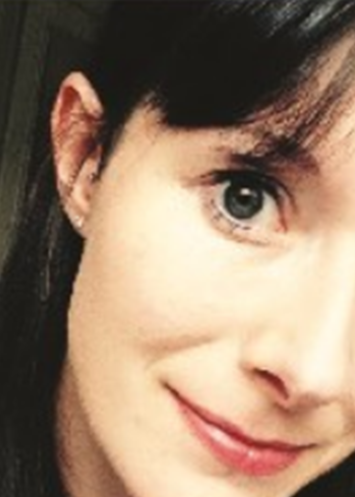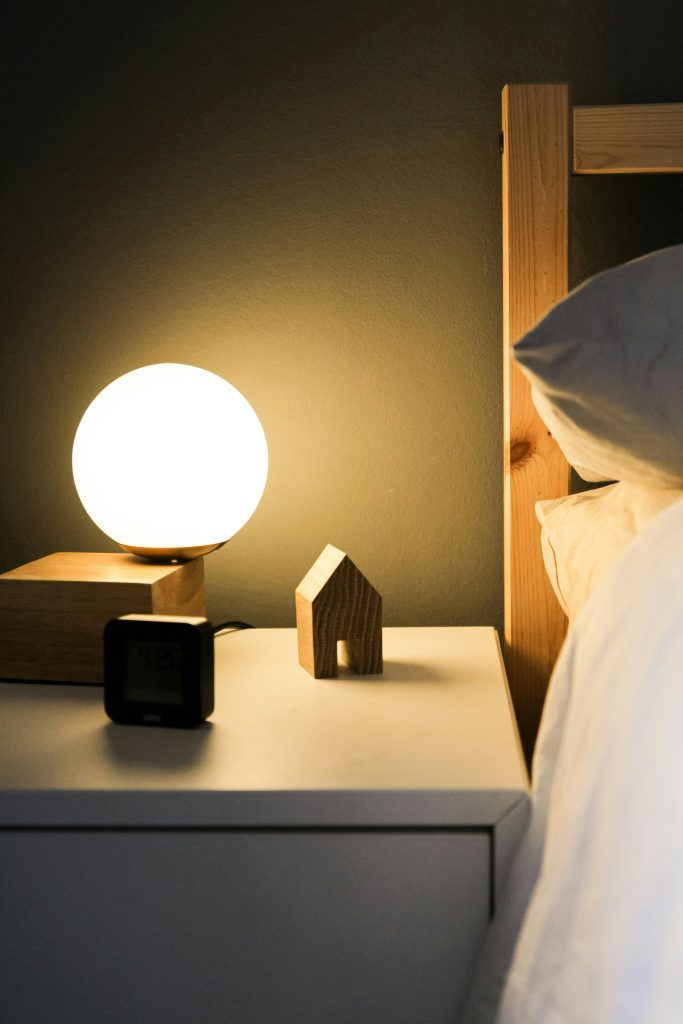
Sleep is as essential to our bodies and our brains as eating, drinking and breathing.
The Dalai Lama says “Sleep is the Best Meditation.”
So… how can we sleep better?
Why sleep is important for health
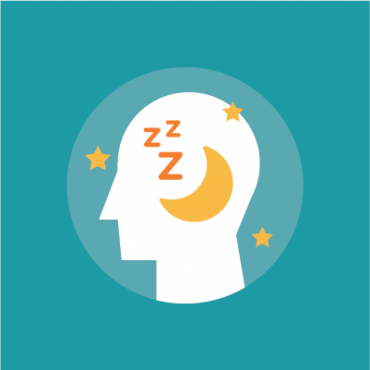
We spend approximately a third of our lives asleep. It is as essential to our bodies as eating, drinking and breathing, and is vital for maintaining good mental and physical health.
Sleeping helps to repair and restore our brains, not just our bodies.
According to the Mental Health Foundation, sleeping poorly increases the risk of having poor mental health. In the same way that healthy diet and exercise can help to improve our mental health, so can sleep. This short Youtube video explains it very clearly.
The consequences of poor sleep should be taken seriously in healthcare, education, family life, and society at large.
Tips to help you sleep
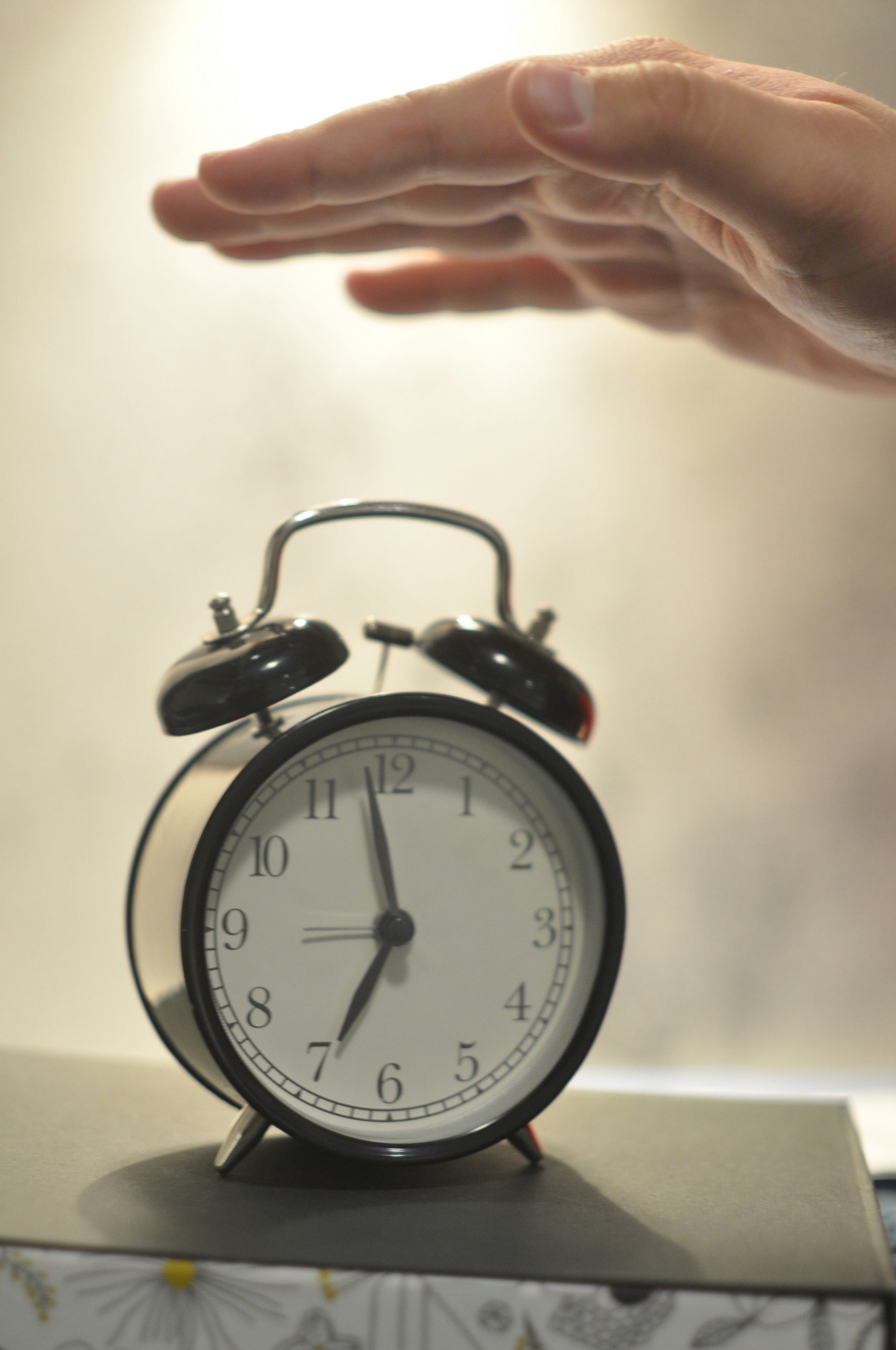
The amount of sleep each of us needs varies from person to person, but we all need to make sure we get the right amount of sleep, and enough good quality sleep.
During sleep, the body goes through a variety of processes and sleep stages. Good quality sleep is likely to be the result of spending enough time in all of the stages, including enough deep sleep which helps us feel refreshed.
Watch this video for some useful tips on getting a good sleep and helping your mental health.
Useful Resources

Call Able Futures free on 0800 321 3137 from 8am to 10.30pm, Monday to Friday

Mind has information on counselling and talking therapy, medication and referrals to sleep clinics.

Visit NHS Every Mind Matters for information on how to fall asleep faster and sleep better.
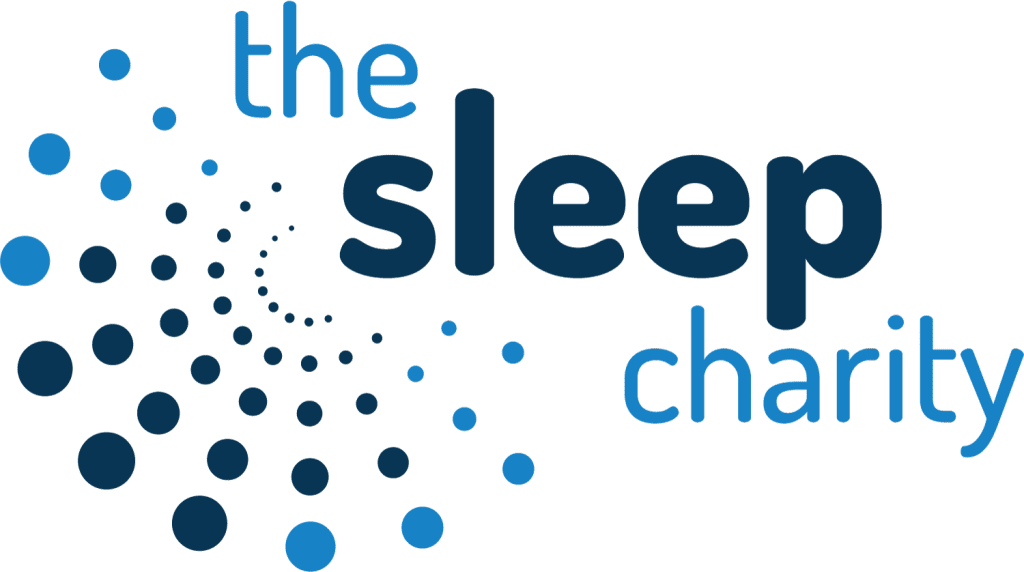
Download this Sleep Diary from the Sleep Charity to help identify what’s keeping you awake. Keep it as soon as you recognise a problem and keep it for a 2 week period. It’s a useful tool which will help to pinpoint if you’re consistently waking at a similar time, what you’ve done that day, what you’ve eaten etc. to see if there is any pattern.
If you need to see a GP or healthcare professional about your sleep issues you will have evidence of your sleep-wake pattern which can help with a diagnosis and treatment.
